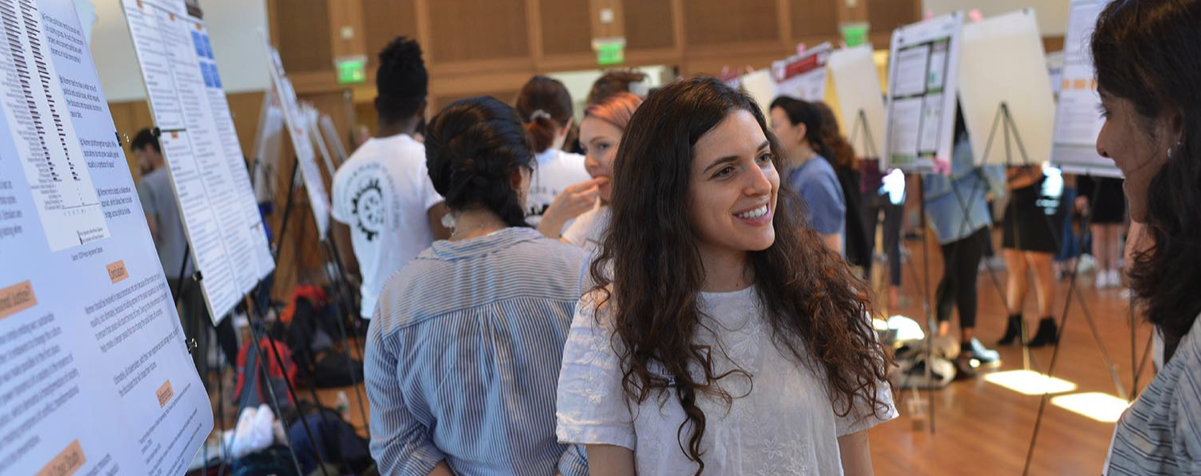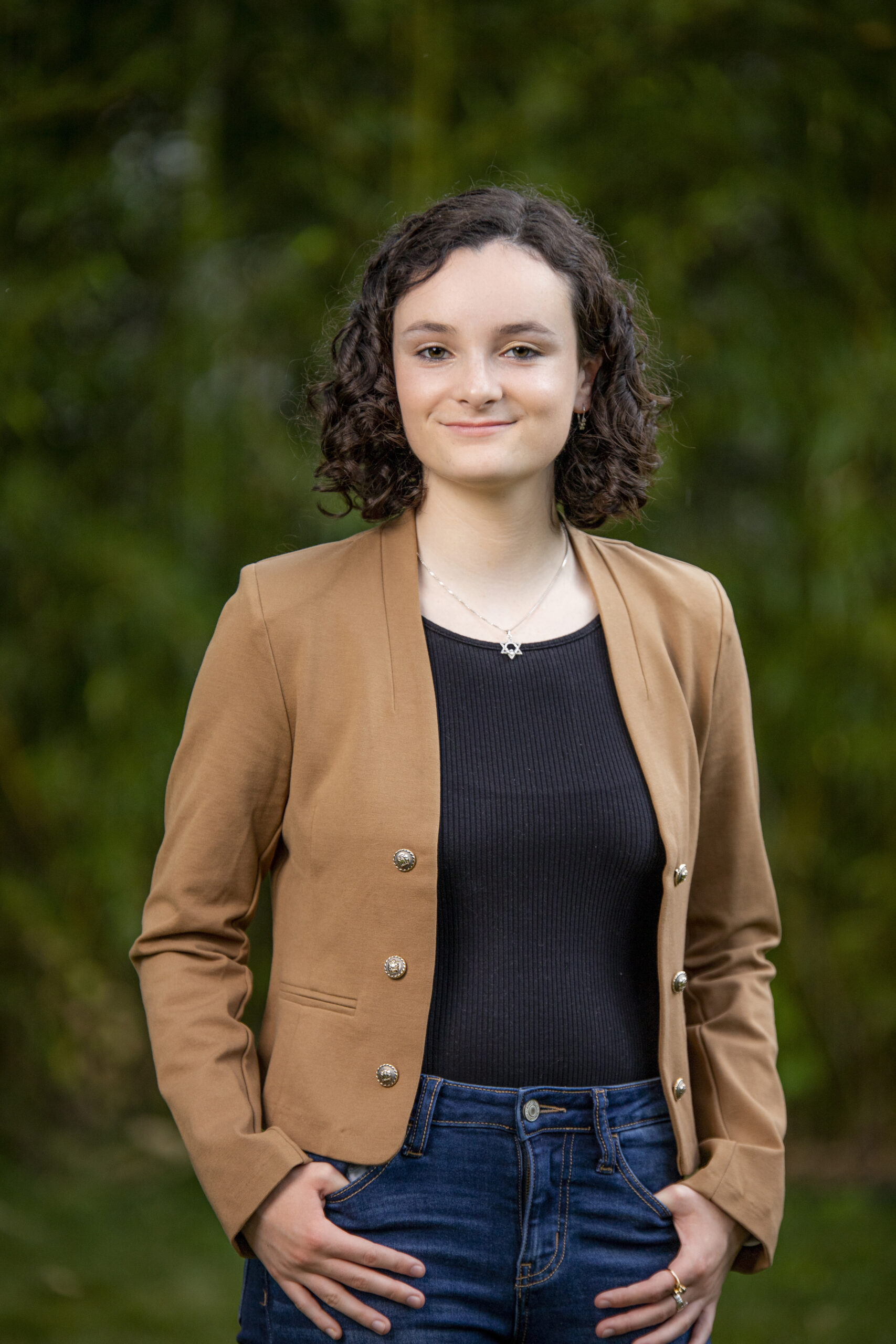Faculty Sponsor: Royette T. Dubar, Ph.D.
Live Poster Session: https://wesleyan.zoom.us/j/99211156557
Abstract: Before and during the COVID-19 pandemic, sleep has been linked to psychosocial adjustment. This connection is particularly relevant to individuals holding marginalized identities, who tend to experience sleep disparities and disproportionate negative consequences of the COVID-19 pandemic. Few studies have qualitatively addressed sleep in underrepresented emerging adults, especially those who attended university during the pandemic. The current study aimed to understand perceptions of structural barriers to sleep, as well as the role of the self in obtaining healthy sleep. Participants (N = 14) responded to the following open-ended question, as part of an online interview: “To what extent do you believe that it is possible for college students to have good sleep habits?” Results of thematic analysis revealed three pertinent emergent themes: 1) “Oil and Water: Good Sleep Habits and College Life Do Not Mix” (n = 12, 87.7%); 2) “You Can Do It (If You Try)” (n = 10, 71.4%); and 3) It’s Personal (2, 14.3%). Overall, participants acknowledged the unique factors of college life that make good sleep habits particularly difficult (e.g., work-study jobs), but also acknowledged that self-discipline may be key in facilitating healthy sleep. Most participants, however, did not feel efficacious in their sleep habits. Future research should address ways to facilitate optimal sleep health at university beyond individual behaviors, especially for those from underrepresented communities.
Danie-Greene-Poster-2023_DGedits

